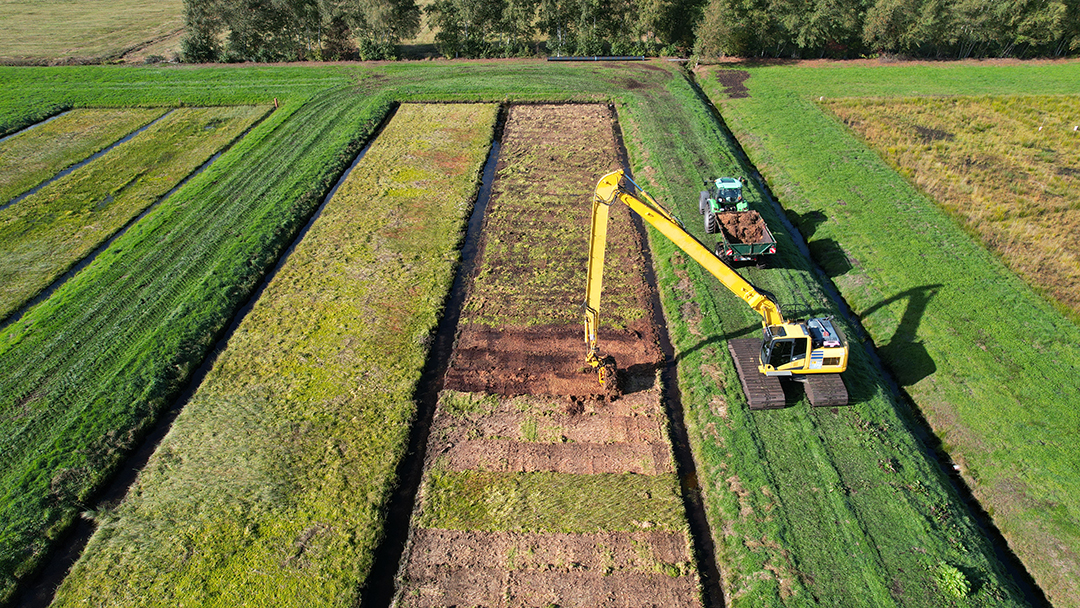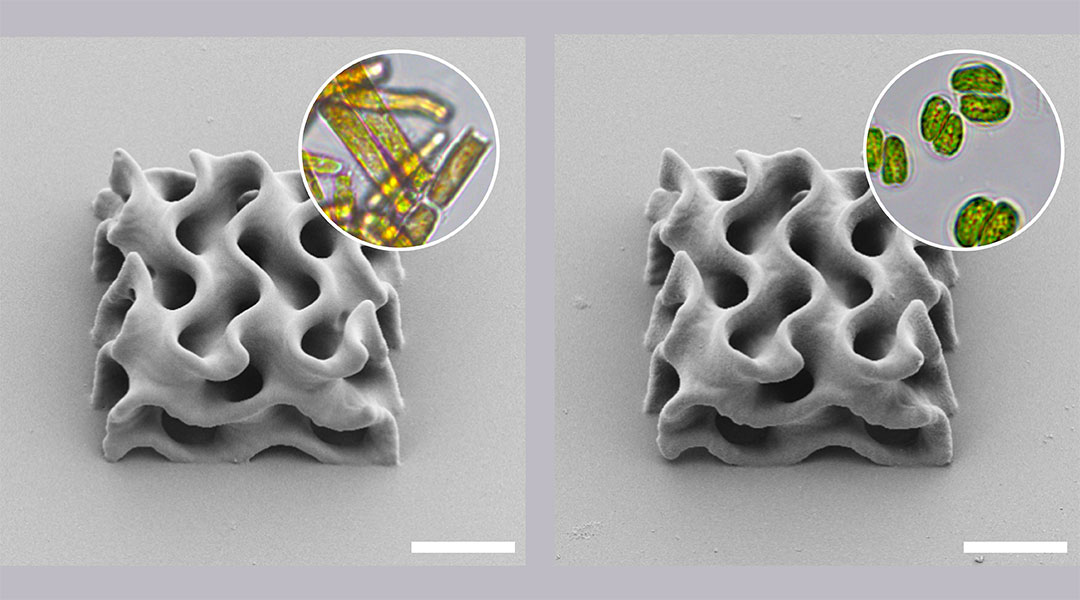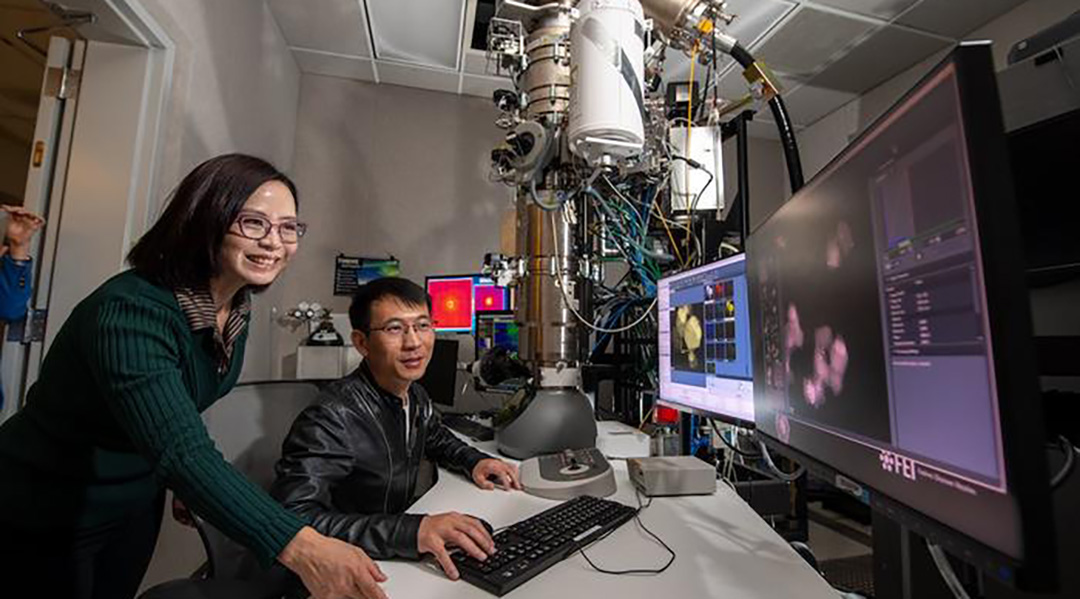Ammonia fertilizer could be produced underground, using Earth’s natural heat to significantly reduce the industry’s carbon footprint.


Ammonia fertilizer could be produced underground, using Earth’s natural heat to significantly reduce the industry’s carbon footprint.

Crops that can withstand rising temperatures could increase global food security amidst the rising threat of climate change.

The protein helps convert white fat tissue into calorie-burning beige fat, providing a potential target for weight loss and obesity treatments.

Scientists are reviving lost wetlands using paludiculture, blending ecology and economy to combat climate change and restore biodiversity.

A new material converts NOx environmental pollutants into harmless byproducts without the need for any heat.

A search for environmentally friendly inks led researchers to microalgae biofactories, providing a renewable biomass solution.

New technology allows researchers to study electrochemical processes at the atomic level with new insights into a widely used catalyst.

Global warming caused by human action has continued to increase, even though climate action has slowed the rise in greenhouse gas emissions.

A new electrolysis device could transform the way we produce hydrogen fuel from seawater, addressing challenges that hindered this process.

New technique uses waste metal shavings to catalyze hydrogen production, turning nothing but trash and water into clean, renewable fuel.